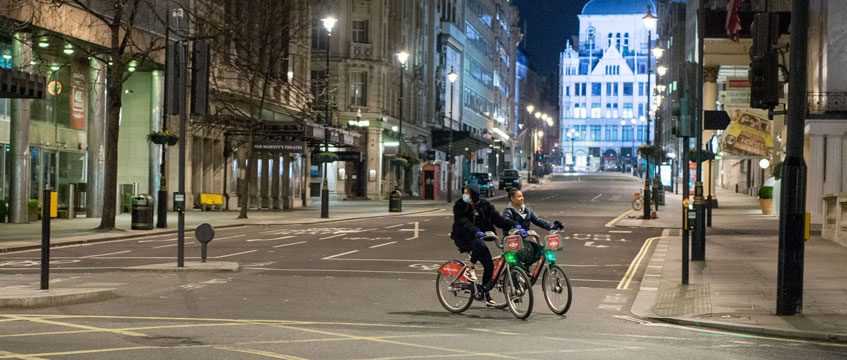Question
We usually undertake routine landlord inspections, repairs, etc for our properties, but are these tasks “essential” during the Covid-19 situation?
Answer
There is a helpful government guidance note with examples of work that is likely to be considered as essential to address serious and urgent issues. Certain other tasks should continue where it is reasonable and safe to do so, eg inspecting and testing fire alarm and emergency lighting systems and complying with gas and electrical safety regulations. There is separate guidance on taking precautions during visits by contractors and others, including avoiding direct contact.
Explanation
The government has recently published guidance for landlords and tenants to understand and comply with rights and responsibilities during the Covid-19 outbreak, which covers property access for health and safety reasons (www.gov.uk/government/publications/covid-19-and-renting-guidance-for-landlords-tenants-and-local-authorities).
Landlords and tenants are encouraged to work together and take a “pragmatic, common-sense approach” – especially when dealing with non-urgent matters. Local authorities have been encouraged to take a “pragmatic approach to enforcement” and landlords should not be unfairly penalised where the restrictions prevent them from meeting some routine obligations.
This does not absolve landlords from addressing dangerous conditions. Tenants will continue to have local authority support over such matters. Urgent health and safety issues are described as those which affect a tenant’s ability “to live safely” and maintain “mental and physical health”, which leans towards residential tenancies. However, many examples in the guidance note could apply to both commercial and residential property and include:
- problems with the building fabric, eg roof leaks;
- issues leading to a lack of heating, hot water or washing/toilet facilities;
- issues with white goods;
- security problems;
- equipment relied on by a disabled person.
The guidance recommends that tenants should communicate early about problems and landlords should keep records of efforts made to address issues. For urgent issues, parties should co-operate to enable inspections and/or remedial works – provided it is in line with government guidance.
The guidance confirms certain routine safety tasks are still essential. For example, inspectors or maintenance workers can visit multi-occupied properties to inspect and test fire alarms and emergency lighting. Where it isn’t possible, landlords must demonstrate they have taken all reasonable steps to comply with the law.
Question
I am a struggling retailer and have been told my landlord cannot forfeit my lease if I don’t pay rent. What does this mean and what can my landlord do if I don’t pay?
Answer
There is a temporary moratorium on the forfeiture of commercial leases until 30 June. Forfeiture therefore cannot be used at present to terminate your lease or put pressure on you to settle unpaid rent, etc. But you are still obliged to pay the rent and your landlord may be able to pursue other remedies to recover sums owed. If you are struggling with cash flow, it would be sensible to try to reach a suitable agreement with your landlord to vary your rent liabilities temporarily.
Explanation
The Coronavirus Act 2020 was passed as emergency legislation on 25 March 2020. Section 82 imposes a moratorium on forfeiture for non-payment of rent. Tenants have therefore been given a short-term reprieve against leases being terminated by forfeiture for non-payment (either by re-entry or court proceedings).
The moratorium operates from 26 March until 30 June 2020 (subject to extension) and covers any lease to which Part 2 of the Landlord and Tenant Act 1954 applies (seemingly including contracted out leases), subtenants and other lawful occupiers under a tenancy and existing forfeiture claims.
However, tenants should note:
- This is not a rent suspension. The measures are recognition that businesses struggling with cash flow due to Covid-19 are worried about eviction. But the underlying contractual obligations are unaffected and rent and other sums under the lease will continue to fall due (unless the parties agree concessions).
- This only affects forfeiture for unpaid rent. In principle, landlords can still forfeit for other reasons, exercise break rights and pursue other remedies for non-payment. But there will be practical difficulties with the courts’ capacity to hear claims and attendance by bailiffs to enforce orders.
- Unless the landlord gives an express waiver in writing, it retains the right to take forfeiture action in the future.
Emma Humphreys is a partner at Charles Russell Speechlys LLP and Myriam Stacey is a barrister at Landmark Chambers








